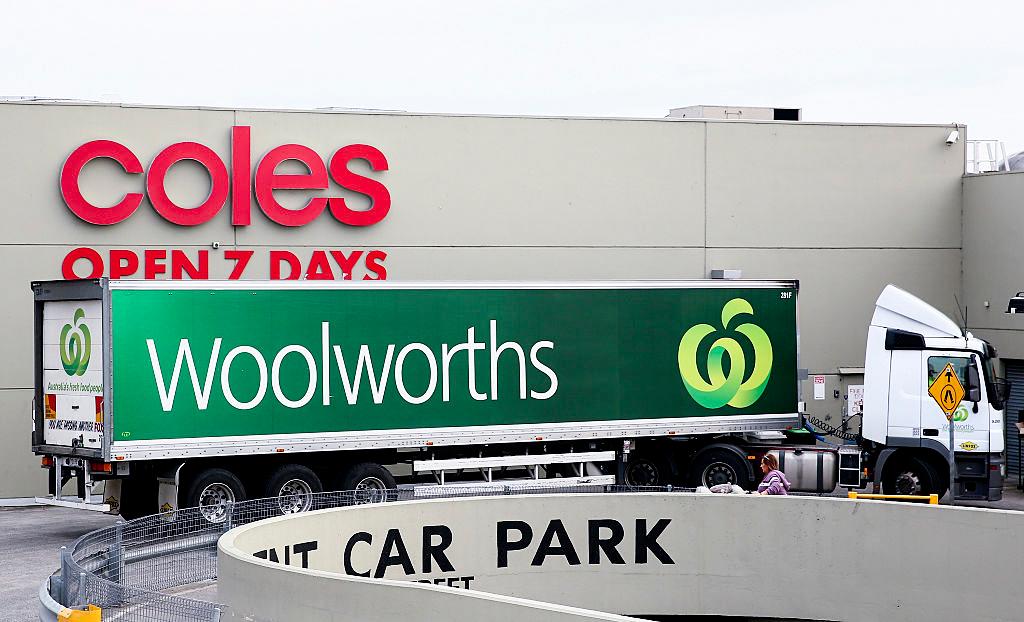Cost of living pressures and a widespread belief that Australia’s two largest supermarkets are making excessive profits have created an entirely new word to be chosen as “word of the year” by the self-described “word nerds” at the National Dictionary Centre, part of The Australian National University (ANU).
“Colesworth” is a portmanteau, or blended, word combining the names of Coles and Woolworths, whose dominance of grocery retailing leads many people to perceive them as a duopoly.





